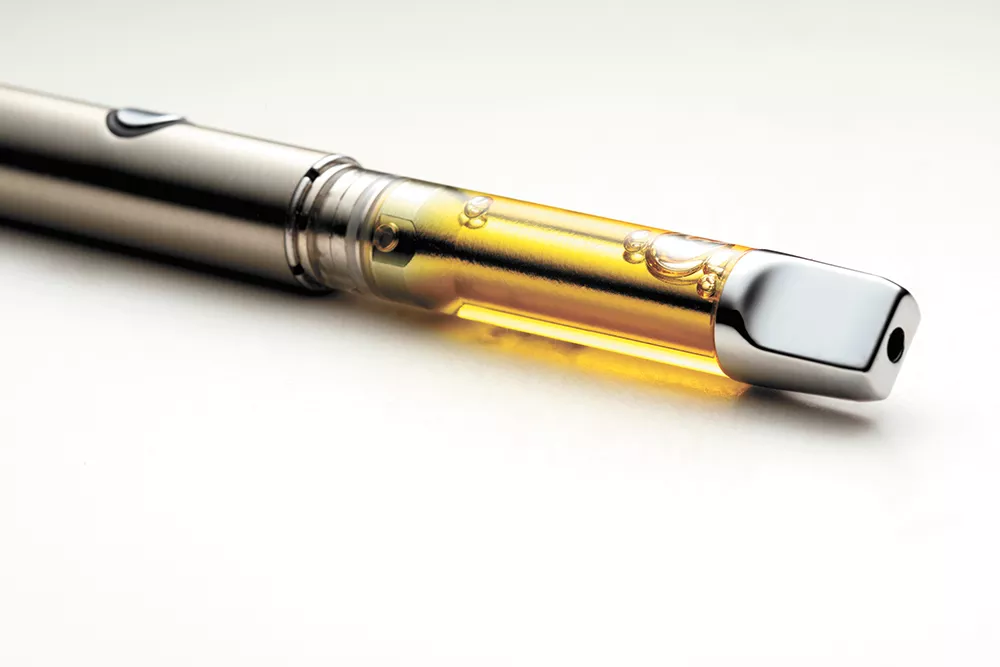The Centers for Disease Control and Prevention announced on Nov. 8 that a breakthrough development had been made in its investigation into the cause of the nationwide vape crisis.
Vitamin E acetate, a chemical with a benign, even beneficial, sounding name, is the likely culprit.
The CDC stated in its Morbidity and Mortality Weekly Report that vitamin E acetate was found in samples taken from 29 patients across 10 states. The findings provide "direct evidence of vitamin E acetate at the primary site of injury." The CDC's report states that vitamin E acetate appears to be a cause, but more research is needed because "it is possible that more than one compound or ingredient could be a cause of lung injury." But it also states that other potential culprits the CDC looked into such as plant oils, distillates and terpenes were not found at the site of injury.
So, what is vitamin E acetate?
If you're the type to read ingredients lists, you've probably run across it before. It's a vitamin, so it has health benefits. A shelf-stable form of vitamin E, also known as tocopheryl acetate, it is a common ingredient in skin care products. With strong antioxidant properties, vitamin E acetate helps protect the skin from damage caused by exposure to UV rays. It's good for skin. It's not good for lungs.
Why was it being used in vapes?
As state and federal agencies researched the vape crisis over the past few months, they have found a strong, but not total link between black market products and lung injuries. Vitamin E acetate can be used to dilute the active ingredients, namely THC, in oil used for vape pens. In much the same way that cocaine gets cut with baking soda, weed oil gets cut with vitamin E acetate.
That's not to say it's only used in black market products. Legitimate manufacturers have also used vitamin E acetate for its thickening properties.
What's next?
When Gov. Jay Inslee's executive order banning flavored vape products went into effect last month, it also stipulated that should other potentially dangerous chemicals or additives be identified, they would be banned as well. Shortly after the CDC announced its findings, the Washington State Liquor and Cannabis Board sent out a release asking retailers and producers to remove vitamin E acetate from the market. The LCB is now considering whether to turn that request into a requirement.
For now, consumers can protect themselves by looking at the ingredients list on the packaging their vape products came in. ♦


















